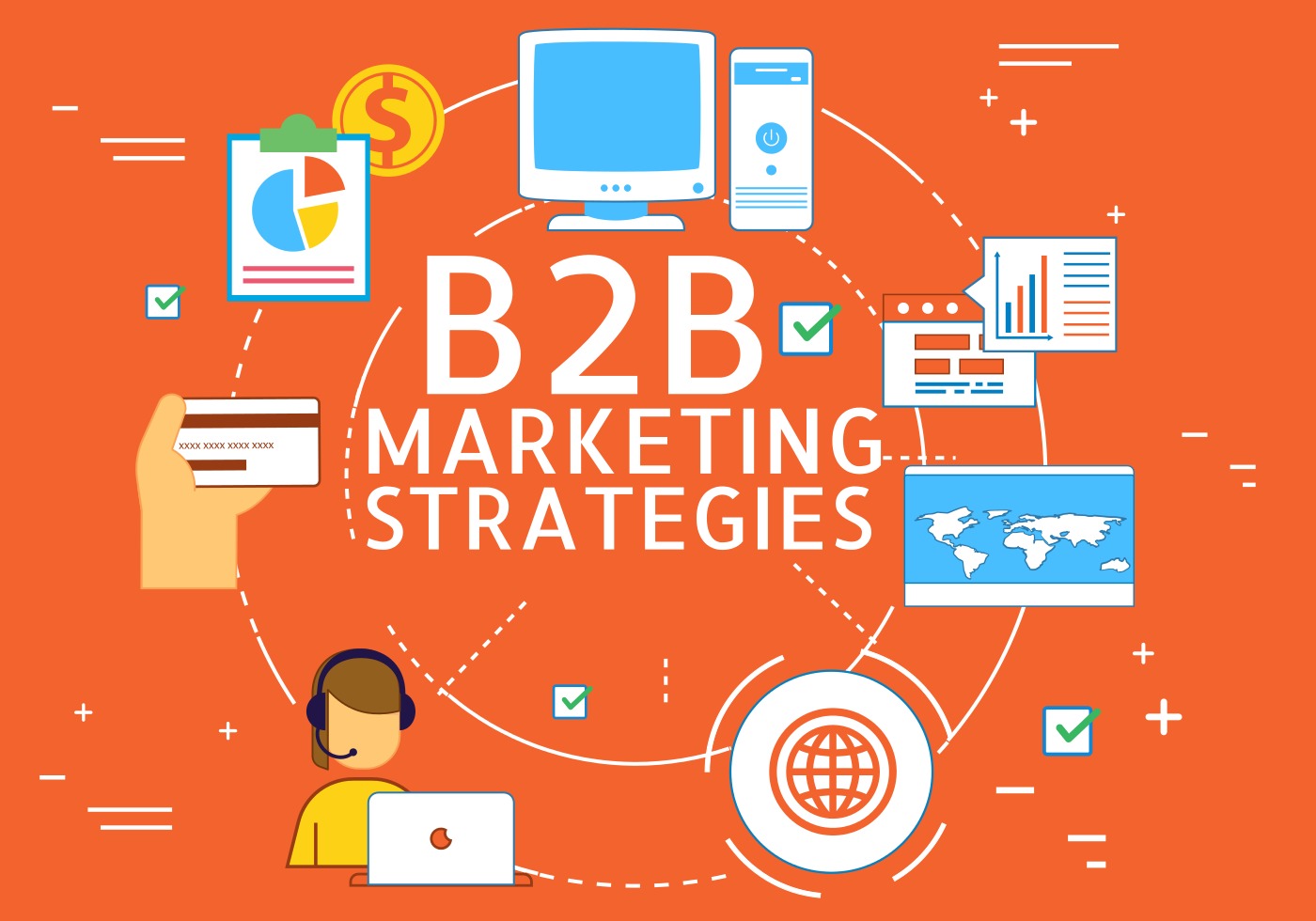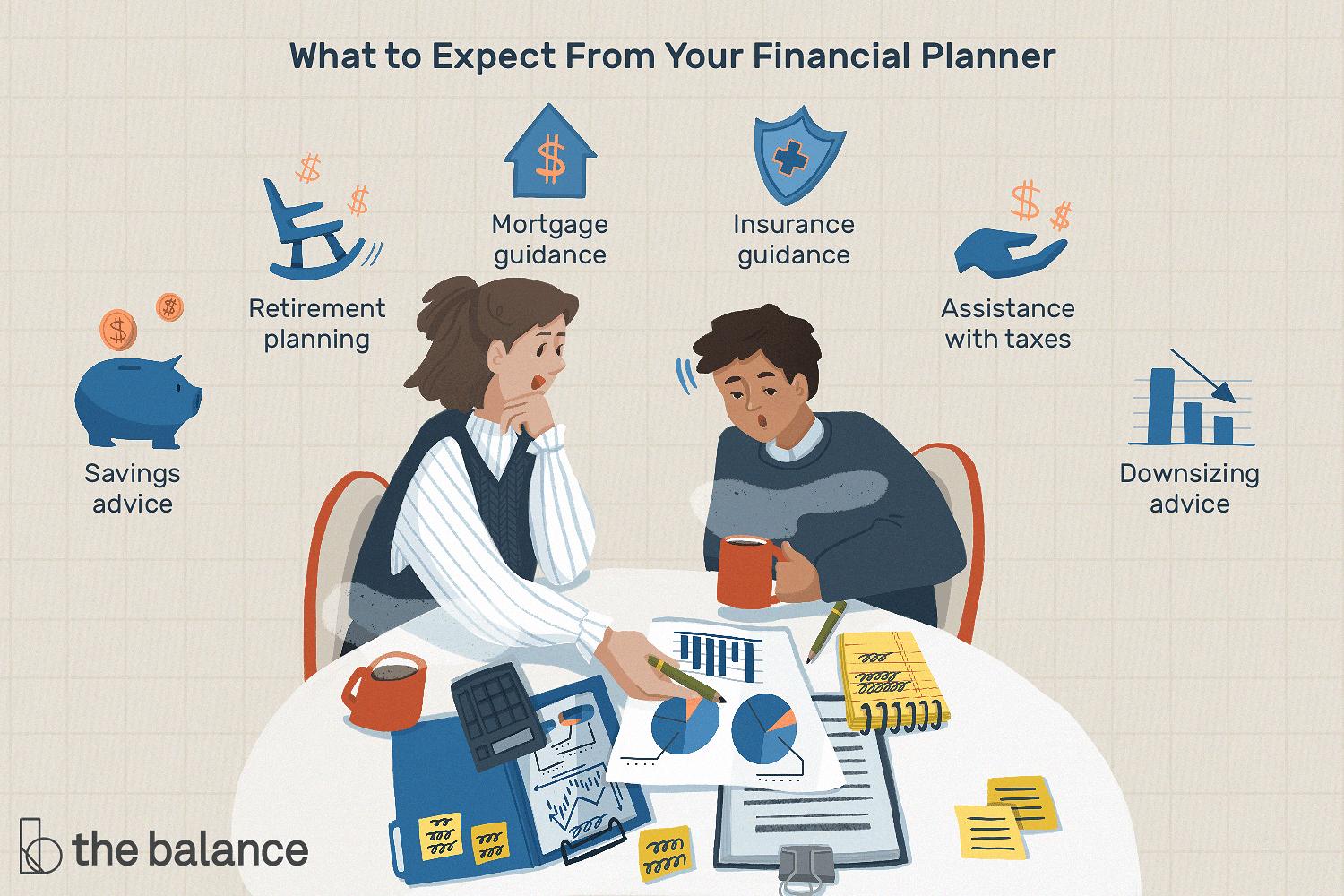
There are many opportunities to get a job as an operations consultant. There are many consulting firms that offer project-based or long-term retained relationship services. Consultants in this field have experience working with agencies and can offer their clients valuable advice. These consultants not only offer practical solutions but also offer competitive salaries.
Operations consultants: Career prospects
If you are passionate about helping companies improve, an operation consultant might be a good career choice. This type of consultant helps businesses find areas of inefficiency and waste, and then creates a more efficient and profitable business. This can make this a very rewarding career. Some consultants specialize in particular functions or industries, while others are generalists. Whatever your preference, you need to keep up with new technologies and work long hours.
To become an operations consultant, you will usually need a bachelor's degree. In addition, you'll need to have some work experience in the industry. A background in business administration or statistics may also be helpful. Also, operations consultants should be skilled in communication.

For operations consultants, the salary range is
Although the pay scale for operations consultants isn't set in stone yet, there are some benchmarks that can be used to help you understand the job. This job description entails extensive collaboration with stakeholders throughout an organization to gather comprehensive requirements that are aligned with the company's business goals. This job requires an in-depth knowledge of the company's processes. Many consultants also work closely alongside HR managers and compensation specialists. There are many compensation methods that include data tools for salary, benchmarks, surveys and salary structures.
Operations consultants typically earn between $90k to $120k. However, the actual salary may vary depending on several factors, such as the company, the position, and the experience level.
Operations consultants need to be educated
The industry they work in will dictate the education requirements of operations consultants. Many operations consultants start their career as business analysts and research associates. They then progress to project management or senior consultant roles. Once they have acquired the necessary skills and established a client network, they might be eligible to join a consulting company as partners.
The majority of operations professionals have a bachelor's level in their field. This could be in the areas of business administration or management science. These degrees provide practical training in the areas where operations consultants are skilled. Additionally, advanced degrees can help operations consultants gain more clients and higher fees.

As data becomes easier to access and companies become increasingly data-driven, operations consulting will be in high demand. In addition to lean manufacturing practices that reduce waste and improve efficiency, they are becoming increasingly popular.
FAQ
How long does it take to become a consultant?
Your industry and background will determine the length of time it takes. Most people start with just a few months of work before finding employment.
Some consultants work for years to perfect their skills, before being hired.
What does it cost to hire an expert?
It is not easy to determine how much it will cost to hire a consultant. These are:
-
Project size
-
Time frame
-
Scope of employment
-
Fees
-
Deliverables
-
Other considerations include experience level, geographic location, and so forth.
What's the difference between an advisor and a consultant?
An advisor provides information about a topic. A consultant offers solutions to problems.
Consultants work directly with clients to help them reach their goals. A consultant provides advice to clients through books and magazines, lectures, seminars, and other means.
How much should a consultant charge?
It all depends upon what you offer. It doesn't matter if you offer services at no cost. But if your services or products are for sale, you will need to establish prices that reflect their value.
If you are offering low-quality services, you don't have much to sell. You are not worth anything, so why should anyone pay you anything.
If you are providing high-quality services, then you could ask for a higher price because people recognize the value you provide. Customers who buy multiple services from you may qualify for discounts.
Do I need legal counsel?
Yes! Yes! Many consultants create contracts without consulting clients. This can lead into problems down-the-road. For example, what happens if the client terminates the agreement before the consultant's completion date? What happens if the consultant doesn’t meet the deadlines specified in the contract.
It's best to consult with a lawyer to avoid potential problems.
Why would you want to hire consultants?
There are many reasons to hire consultants.
-
Your organization may have a specific project or problem that needs solving
-
You want to improve or learn new skills.
-
You want to work with an expert in a particular field
-
There is nobody else who can do this job.
-
You feel overwhelmed by all the information and don’t know where to begin.
-
You can't afford full-time employment
You can find good consultants by word of mouth. Ask your network if they are aware of any credible consultants. Ask your friends and family for referrals if you know someone who is a consultant.
If you're interested in using online directories, such as LinkedIn, you can use the "Search People” feature to find consultants near your location.
How did modern consultancy become possible?
The first consultants were accountants that helped companies manage finances. Their skills in managing financial information led to them being called "accounting consultant". However, this role soon expanded into other areas, such as human resources management.
The French word for "to advice" was the inspiration behind the term "consultant." This was used by businessmen as a way to describe someone who could provide guidance on running an organization. Today, business owners still use the term consultant to refer to any type of professional advisor.
Statistics
- WHY choose me: Why your ideal client should choose you (ex: 10 years of experience and 6-week program has helped over 20 clients boost their sales by an average of 33% in 6 months). (consultingsuccess.com)
- "From there, I told them my rates were going up 25%, this is the new hourly rate, and every single one of them said 'done, fine.' (nerdwallet.com)
- 67% of consultants start their consulting businesses after quitting their jobs, while 33% start while they're still at their jobs. (consultingsuccess.com)
- According to IBISWorld, revenues in the consulting industry will exceed $261 billion in 2020. (nerdwallet.com)
- My 10 years of experience and 6-step program have helped over 20 clients boost their sales by an average of 33% in 6 months. (consultingsuccess.com)
External Links
How To
How do you find the best consultant?
First, ask yourself what kind of consultant you are looking for. Before you begin looking for a consultant, it is important to know what your expectations are. You should make a list of all the things you need from a consultant. These could include professional expertise, technical skills and project management abilities, communication skills, availability, and other things. Once you've listed out these requirements, then you may want to consider asking some friends or colleagues who they would recommend. Ask them about their experiences with consultants and compare their recommendations to yours. If you don't have any recommendations, try doing some research online. You can post reviews on your previous work experiences on many websites like LinkedIn, Facebook and Angie's List. Take a look at comments and ratings from others, and use that data to find potential candidates. Once you have a short list of candidates, contact them to arrange an interview. During the interview, you should talk through your requirements and ask them to explain how they can help you achieve those goals. It doesn't matter whether they were recommended to you or not; just ensure that they understand your business objectives and can demonstrate how they can help you reach those goals.